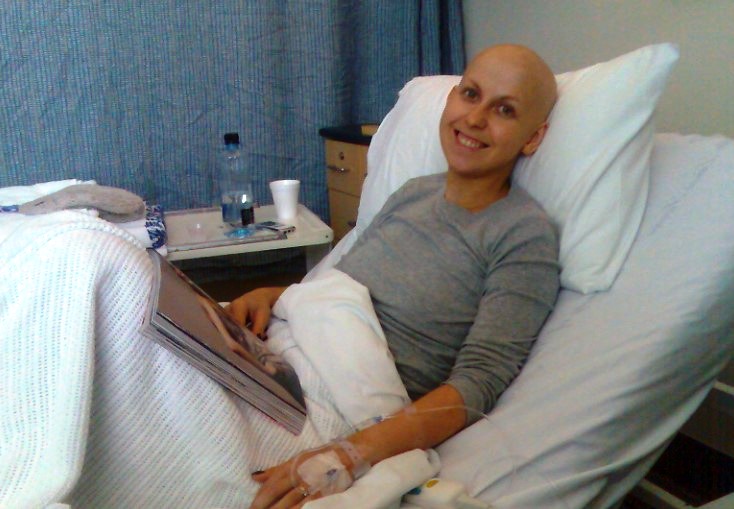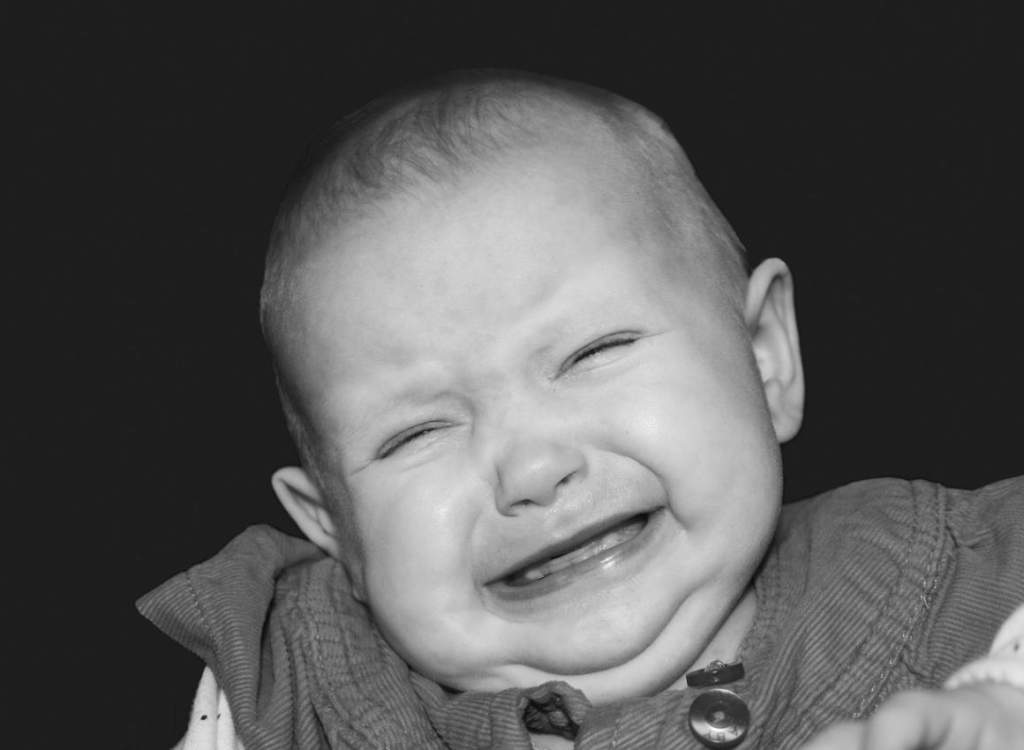Radiation Treatment and Hair Loss – This question comes into mind first what in the course of chemotherapy or radiation, will I lose my hair? The loss of hair is another common side effect of cancer treatment, and it can be one of the most challenging and emotionally draining of them all.
Even though it is not harmful to your health, it serves as a constant visual reminder of the effects of cancer and its treatment and can make a significant difference to the way you look, regardless of whether it is harmful. Depending on the chemotherapy medicines you are going to receive, your doctor may be able to tell you whether or not they are likely to cause hair loss in you.
Chemotherapy weakens hair follicles, so that hair falls out faster than normal as a result of alopecia (hair loss). Due to the rapidly dividing cells in hair follicles, chemotherapy can damage them, leading to hair loss. Some areas of the body, including the eyebrows and eyelashes, may be affected by hair loss, such as the head. You can lose your hair completely or it can become thinner.
The loss of hair usually begins within a week or two after treatment and may occur gradually or in large clumps over a period of several weeks. There is usually a temporary loss of hair associated with chemotherapy. When you finish your treatments, your hair will start to grow back, but it may take four to six months for it to do so. If you are still receiving chemotherapy, it is possible that your hair may even begin to grow back while you are still receiving it. It is possible that the new hair you grow back will have a different texture, color, or thickness from the original hair, but these changes usually won’t last too long.







